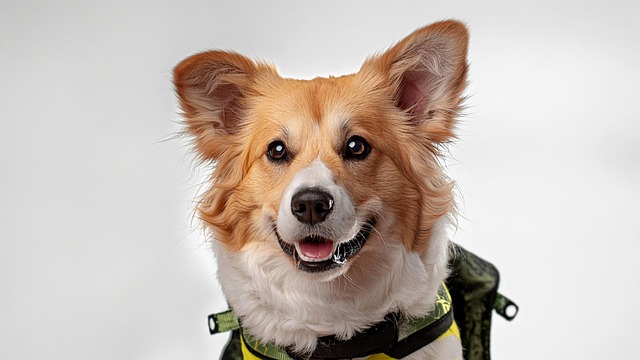
How do i train my dog to be obedient?
Watching your dog dart across the park ignoring your calls isn’t just frustrating—it can put them at risk near busy streets or public spaces.
If you’re staring at your new 6-month-old puppy chewing your couch, or adopted a 5-year-old rescue who doesn’t know “sit,” you’ve probably asked: “Is it too late—or too early—to train them?” The simple answer is no—dogs of every age can learn new skills. I’ve helped clients train 12-week-old Goldens and 8-year-old Bulldogs alike, and the secret isn’t age—it’s matching your approach to their stage of life.
Behavior experts agree: dogs learn through operant conditioning—associating actions with rewards or consequences—no matter how old they are. Puppies (8–16 weeks) have curious brains and short attention spans, so they thrive on quick, fun sessions. Adolescents (6–18 months) might test limits (think pulling on leashes during walks), but they’re still motivated by play. Seniors? They’re calmer, have longer focus, and just need slower pacing—my neighbor trained her 10-year-old Beagle to fetch in 3 weeks by keeping sessions under 10 minutes.
For puppies: Start with “sit” before meals—hold a treat above their nose, and they’ll naturally sit to reach it. Reward instantly with the treat and a “Good girl!” For teens: Work on impulse control—if they jump on guests, turn your back until they calm down, then praise. For seniors: Adapt to their needs—use hand signals if they’re hard of hearing, or softer treats for dental issues. Apartment dwellers? Focus on “quiet” training—when your dog stops barking at the elevator, give a treat. This prevents annoying neighbors and builds good habits.

Never use spanking, shock collars, or yelling—these violate U.S. animal welfare standards and make dogs fearful, not obedient. Positive reinforcement (treats, praise, play) is the only effective way. Stay legal: Puppies need core vaccines (distemper, parvovirus) by 16 weeks—most states require this, and it’s mandatory for dog parks. Always carry waste bags too—cities like Chicago fine up to $150 for leaving poop behind. When walking, keep leashes at 6 feet (the standard for most neighborhoods) and ask before letting your dog greet others.
Training isn’t about perfection—it’s about connection. A senior dog can learn to “stay” just as a puppy can learn to “come.” Meet them where they are, be consistent, and you’ll both succeed.

Watching your dog dart across the park ignoring your calls isn’t just frustrating—it can put them at risk near busy streets or public spaces.

New puppy owners often find themselves rushing to clean up accidents before they set in, and that’s where puppy pad training becomes a game-changer.

If you've noticed your dog's waistline disappearing and your veterinarian has mentioned those few extra pounds, your first instinct might be to simply reduce the amount of food in their bowl.

Training a dog to use a designated spot indoors isn’t as daunting as many new owners fear, but it does take consistency and an understanding of your pet’s needs.

That moment of dread on a walk is all too familiar for many new dog owners. You see another dog approaching down the sidewalk of your neighborhood

If the sight of another dog on your neighborhood walk makes your heart sink as your own dog erupts into a frenzy of barking and lunging, you're not alone.